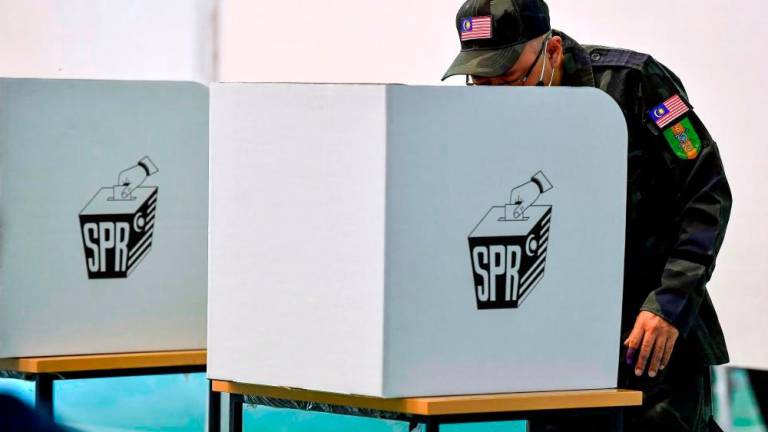PETALING JAYA: With a population of 32 million people, Malaysia sits at the second lowest rung of the ladder in terms of market size in the top six Asean countries. Given the limitations, is the market still attractive for startups?
Since 2015, the internet economies of Indonesia and Vietnam have attracted a lot of attention as they outpaced the regional average of 33% with an average annual growth rate of 49% and 38% respectively, according to Google’s SEA e-Conomy report 2019.
Although the numbers indicated that Malaysia’s dominance in the internet economy has been overtaken by improving conditions in Southeast Asia’s bigger markets, the recent wave of Asean-based startups entering the market has indicated it is still attractive to its neighbours.
For Singapore-based education startup, Tigerhall which expanded into Malaysia last year, the decision to do so hinged on whether it could build a strong user base in the market.
Its founder and CEO, Nellie Wartoft, pointed out that Kuala Lumpur is a regional business hub and a home to many ambitious professionals, who are Tigerhall’s main target audience.
“We strongly believed that we could add plenty of value to this demographic,” Wartoft told SunBiz.
She said the country’s focus on upskilling its workforce was an important criterion and Tigerhall was encouraged by government initiatives such as the Shared Prosperity Vision 2030 and Malaysians@Work.
“We also spoke to a lot of businesses in Malaysia, who are generally keen on helping employees grow, which is a great fit with our mission,” said Wartoft.
Thailand-based virtual queue startup, QueQ, meanwhile, saw opportunities within Malaysia’s largely untapped market that comprised more than 1,000 malls and over 70 food and beverage outlet chains for its expansion.
Its international business development director and country manager for Malaysia, Shang Leong, cited that the market also shares homogeneity with Thailand, as well as a consumer trend of going online and using mobile apps for bookings, shopping and as a source of lifestyle information.
“QueQ’s expansion was largely driven by the untapped market potential, however given that the proximity of the two countries there are also some operational advantages as we leverage on our existing infrastructure,” he said.
Overall, Shang opined that Malaysia’s value as a stepping stone is limited to the language aspect.
“In that respect, Malaysia has a lower cost base compared to Singapore and we could potentially serve Singapore’s market via our resources in Malaysia, as the two countries share the same English language product interface,” he said.
Shang disclosed that Malaysia is ahead of many other countries in the region as it examined economic development, market maturity and command of English, which is crucial for a learning content provider.
On the flip side, domestic startups are also looking to capitalise on opportunities in the Asean region.
Towards this end, Malaysia-based currency exchange app Currenseek is currently working with regulators in Indonesia to introduce its service in the market by end-2020.
According to its director and co-founder, Hakim Karim, the impetus behind the expansion is due to the fact that it is the largest market in Southeast Asia. “Furthermore, there is a lot of potential for Currenseek as it is a country with a lot of travellers in need of foreign currency.”
Malaysia Digital Economy Corporation’s (MDEC) vice president of global growth acceleration, Gopi Ganesalingam, opined that the country’s market size is not a hurdle compared with its bigger Asean neighbours.
“It is very natural for startups to come into Malaysia, as it is strategically located and the cost base is value for money, with good talent and office space,” he said.
To illustrate his point, Gopi said MDEC has introduced the Malaysia Tech Entrepreneur Programme (MTEP) to attract new and established entrepreneurs to start their startups in Malaysia.
The one-year visa offered under MTEP is meant to help tech entrepreneurs to figure out whether they could base their operations in Malaysia. Once they’ve made their decision, entrepreneurs could apply for a four year extension, he explained.
The programme, Gopi said, has seen over 100 applications, with the majority taken up by established Singaporean tech entrepreneurs. “Overall, the Asean region is actually very open for all of us to work together and there is nothing stopping us from servicing the market from Malaysia.”










